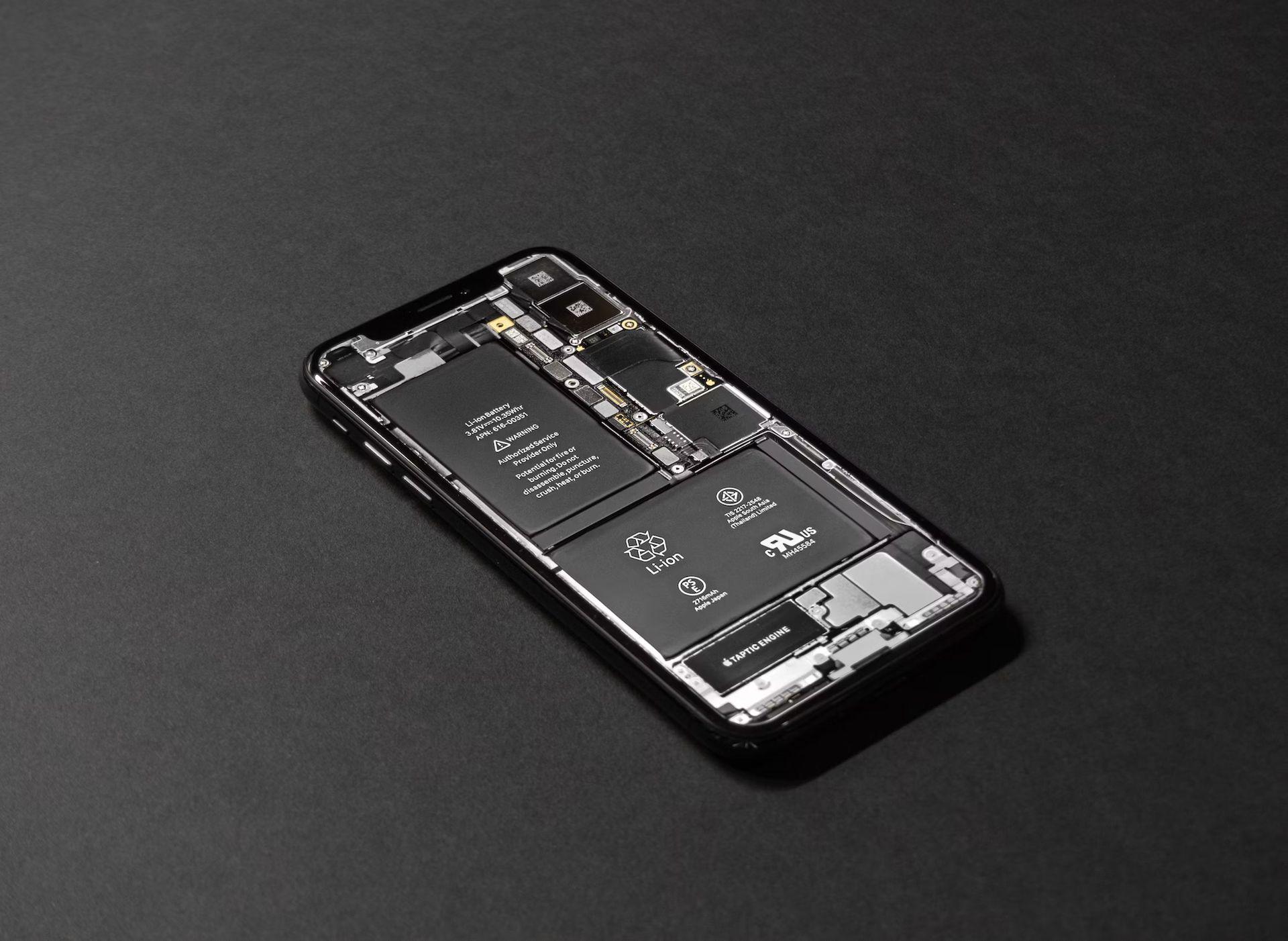This weekend marked a significant milestone in the iPhone slowdown lawsuit 2024 as Apple users started to receive their $92 settlements from the batterygate incident. Back in 2017, Apple confessed to deliberately reducing the performance of older iPhones, a decision they defended as necessary to deliver “the best experience for customers.” This admission has been a pivotal factor in the 2024 discussions surrounding Apple payouts and their approach to consumer transparency.
iPhone slowdown lawsuit 2024: Compensations are getting paid
Seven years into the iPhone slowdown lawsuit 2024, iPhone users are beginning to receive financial compensation for the compromised user experience they endured. In 2017, Apple conceded to intentionally reducing the lifespan and performance of iPhones through software updates, purportedly to prolong the life of aging batteries. A critical issue in the Apple batterygate scandal was company’s failure to inform users that the latest iOS update would significantly degrade their iPhone’s performance. This lack of transparency led to a swift onslaught of class-action lawsuits, culminating in Apple agreeing to a settlement exceeding $300 million in 2020.
The deadline for submitting a claim in this settlement was set for October 6th, 2020. Eligibility extended to owners of several iPhone models, including iPhone 6, iPhone 6 Plus, iPhone 6s, iPhone 6s Plus, iPhone 7, iPhone 7 Plus, and iPhone SE. The volume of claims filed was immense, with some users submitting multiple claims. Notably, one iPhone owner reported receiving Apple payouts for six separate claims linked to the lawsuit as of Sunday.

About the Apple batterygate scandal
In the context of the Apple batterygate scandal, the company’s settlement agreement notably does not require Apple to concede any fault. Throughout the ordeal, Apple has maintained a stance of complete innocence, consistently asserting their commitment to integrity. In 2018, Apple stated, “We have never — and would never — do anything to intentionally shorten the life of any Apple product, or degrade the user experience to drive customer upgrades.”
For iPhone users eligible for compensation, the window to file a claim was in 2020, with the deadline set for October 6, 2020. This process was a critical part of the iPhone slowdown lawsuit 2024. Those who successfully submitted their claims during this period received approximately $65 each, a financial acknowledgment of the inconvenience caused by the Apple batterygate scandal.
Why Apple payouts came so late
The delayed arrival of Apple payouts, a focal point in the iPhone slowdown lawsuit 2024, can be traced back to various legal proceedings. The latest update from the settlement website clarifies that the US Court of Appeals for the 9th Circuit dismissed the final appeal in the “In re Apple Inc. Device Performance Litigation.” This dismissal occurred on November 6, 2023, setting the effective date of the settlement. Consequently, payments were scheduled for January 2024, adhering to the timeline established in the settlement agreement.
In the interim three-plus years since Apple agreed to the settlement, numerous legal steps unfolded. Post submission of claims by iPhone owners in 2020, the US District Court for the Northern District of California deliberated on the motion for final approval of the settlement, which was granted in March 2021.

However, the settlement faced objections, necessitating the 9th Circuit appeals court to address these challenges. Notably, Best Companies, Inc., an Oklahoma-based construction company, argued that the district court failed to provide sufficient notice of the settlement to “nonnatural persons” such as corporations. This company, having purchased at least 10 iPhones affected by the settlement for its employees, saw their objections dismissed by the 9th Circuit in October 2022. The judges upheld the district court’s decision, agreeing that the extensive media coverage and individual notices to device users sufficiently informed all parties, including nonnatural persons.
Additionally, the October 2022 ruling addressed an appeal from individuals objecting to the settlement. While their efforts did not significantly alter the settlement, they did prompt the district court to rectify issues in its original order, further contributing to the delay in Apple payouts.
Featured image credit: Medhat Dawoud/Unsplash






